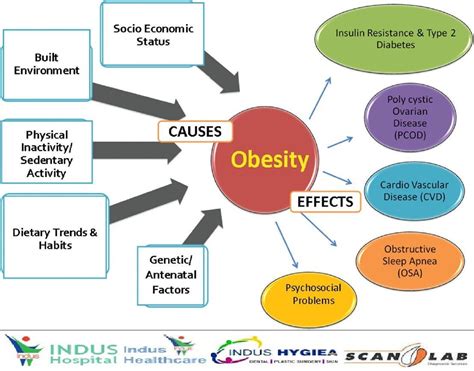How To Use Psychological Concepts To Understand Child Obesity
Childhood obesity is a complex issue with far-reaching consequences. While diet and exercise play crucial roles, understanding the psychological factors is vital for effective intervention and prevention. This article explores key psychological concepts that shed light on the development and maintenance of childhood obesity.
The Role of Emotional Eating
Emotional eating, the consumption of food to cope with negative emotions like stress, sadness, or boredom, is a significant contributor to weight gain in children. Children who lack effective coping mechanisms may turn to food for comfort, leading to increased caloric intake and weight problems. This behavior often develops early in life, potentially influenced by parental modeling or stressful home environments.
Identifying Emotional Eating in Children
Recognizing emotional eating in children can be challenging. Look for patterns such as:
- Increased food consumption during stressful periods: Are they eating more when facing academic challenges, family conflicts, or social anxieties?
- Secretive eating: Do they hide food or eat in private?
- Comfort food cravings: Do they gravitate towards specific high-calorie foods when upset?
- Lack of awareness of hunger cues: Are they eating even when not physically hungry?
The Impact of Family Dynamics
Family environment plays a crucial role. Parental feeding practices significantly influence a child's eating habits and weight. For example, restrictive feeding styles, where parents severely limit access to certain foods, can paradoxically lead to increased cravings and overconsumption of those restricted foods. Conversely, overly permissive feeding styles, where children have unrestricted access to high-calorie foods, can also contribute to weight problems.
Creating a Healthy Family Eating Environment
Promoting healthy eating habits within the family involves:
- Modeling healthy eating behaviors: Parents should demonstrate healthy food choices and portion control.
- Establishing regular mealtimes: Consistent mealtimes help regulate appetite and reduce emotional eating.
- Creating a positive and supportive eating environment: Avoid using food as a reward or punishment.
- Involving children in food preparation and grocery shopping: This increases their awareness of food choices and healthy eating habits.
Understanding Self-Esteem and Body Image
Low self-esteem and negative body image are strongly linked to obesity. Children with low self-esteem may use food as a means of self-soothing or may engage in unhealthy coping mechanisms. Negative body image can lead to feelings of shame and inadequacy, further fueling unhealthy eating behaviors.
Building Self-Esteem and Positive Body Image
Helping children develop positive self-esteem and body image is crucial:
- Promote self-acceptance: Encourage children to focus on their strengths and accomplishments.
- Limit exposure to media promoting unrealistic body ideals: Encourage a critical approach to media messages about weight and appearance.
- Focus on overall health and well-being: Emphasize the importance of physical activity and healthy habits for overall health, not just weight loss.
The Power of Cognitive Behavioral Therapy (CBT)
Cognitive Behavioral Therapy (CBT) is a proven effective approach for addressing the psychological aspects of childhood obesity. CBT helps children identify and modify negative thought patterns and behaviors related to food and weight. It equips them with coping strategies for managing stress and emotions without relying on food.
Seeking Professional Help
If you are concerned about a child's weight or eating habits, seeking professional help is essential. A pediatrician, psychologist, or registered dietitian can provide a comprehensive assessment and develop an individualized treatment plan. Early intervention is key to preventing long-term health problems and promoting healthy development.
This exploration highlights the psychological dimensions interwoven with childhood obesity. By understanding these factors, we can move beyond simplistic solutions and towards more holistic, effective interventions that promote both physical and mental well-being. Remember, a multi-faceted approach involving psychological support, nutritional guidance, and physical activity is crucial for successful management.
